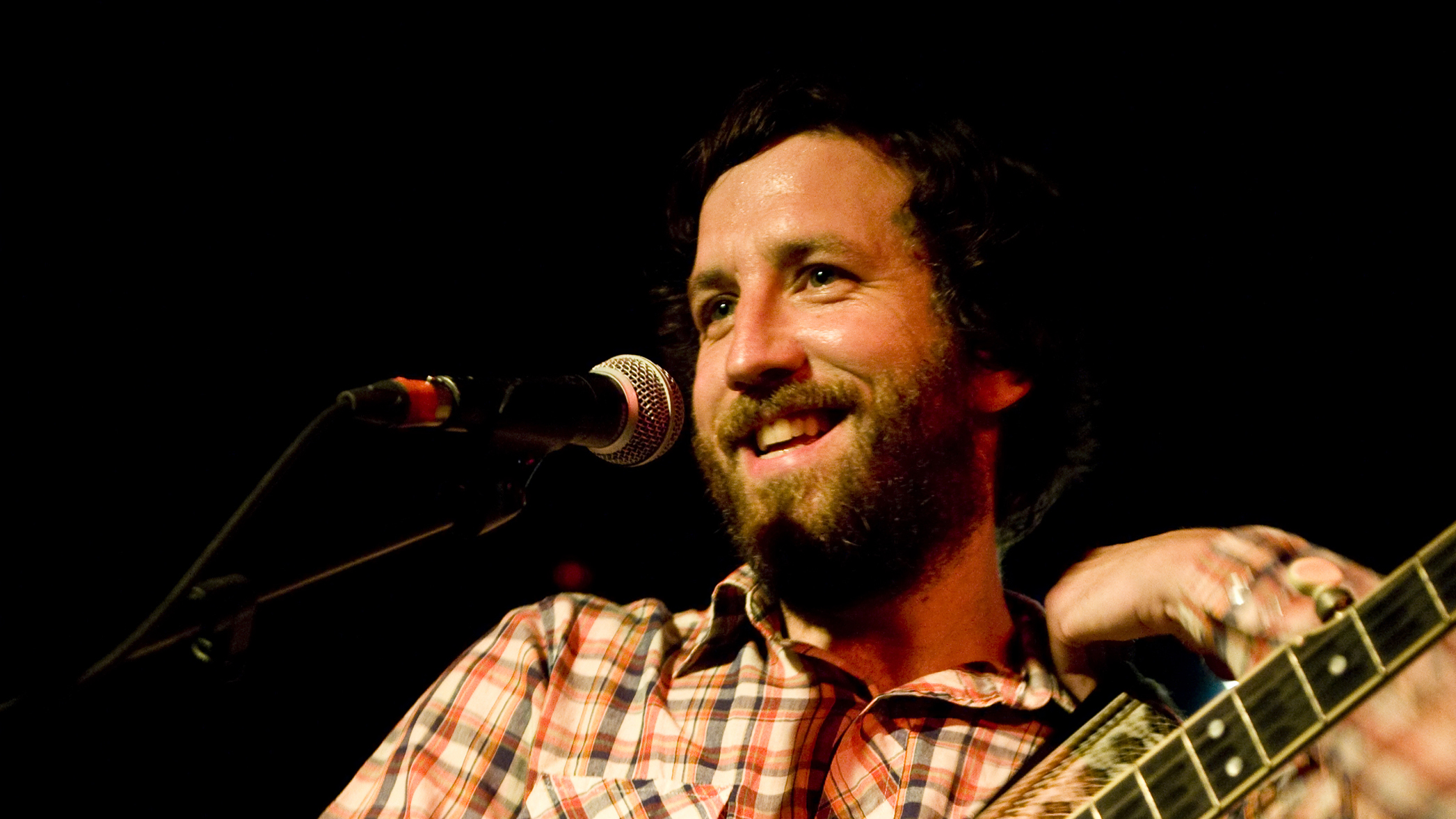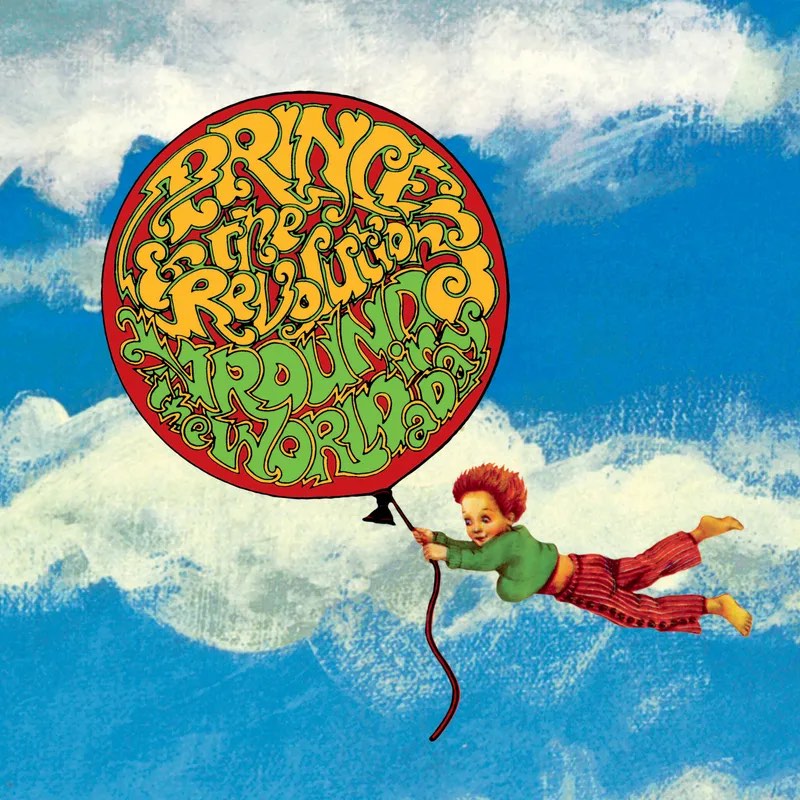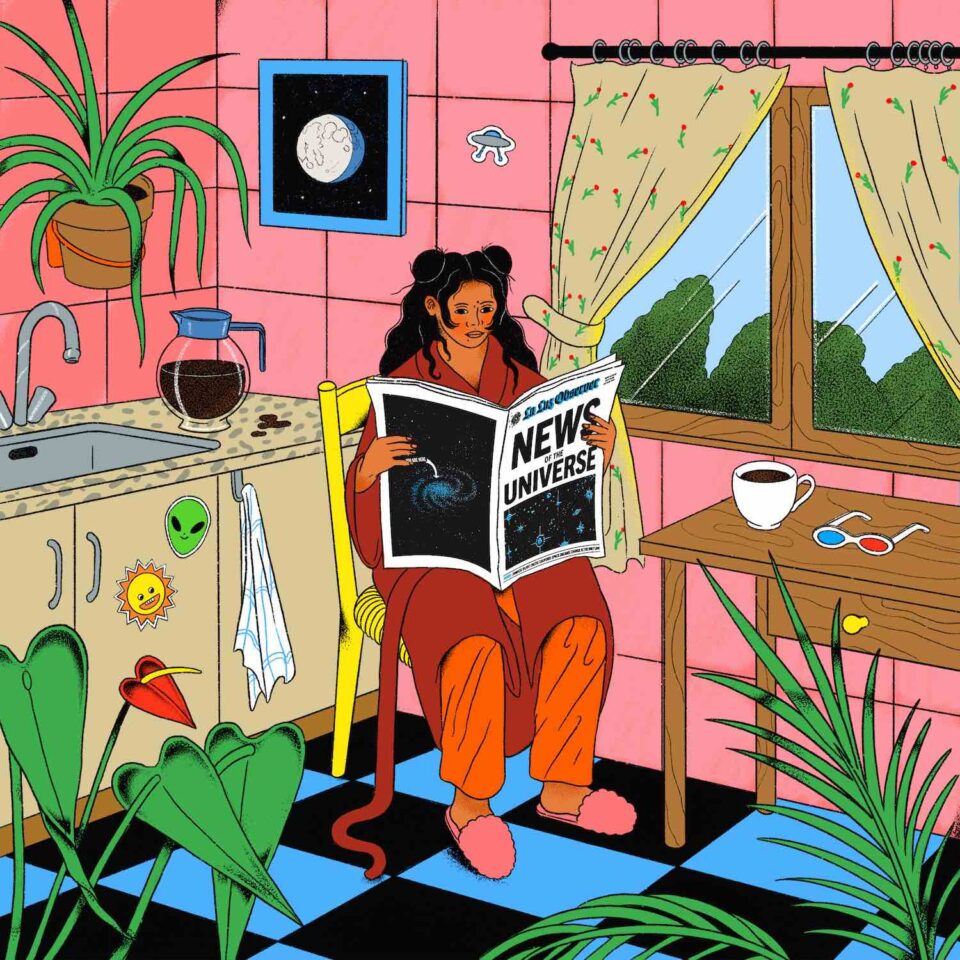Jeff Nichols is one of the most exciting directors working today, not just because of his own artistic vision, but also because of the people he works with: actor Michael Shannon, cinematographer Adam Stone, editor Julie Monroe, and composer David Wingo. Wingo’s compositions for Nichols have been as varied as the films themselves, but Loving—his latest work, about Richard and Mildred Loving’s battle to secure their right to marriage in spite of anti-miscegenation laws, which went all the way to the Supreme Court—is especially interesting in how quietly his music asserts itself. It hides in the background, as he puts it, but the movie would never have the power that it does without it. We had the chance recently to talk with David Wingo about how he got involved in film scoring, what his partnership with Nichols is like, and where he finds his inspiration (hint: look to the Autobahn).
Can you talk me through the process for your work on the Loving score? I’m curious both about your own creative process and about how you and Jeff Nichols work together.
My work with Jeff and with David Gordon Green is somewhat unusual in that I know about the movies far ahead of time. I’m often involved in the early discussions of the idea, and then I read the scripts, and then hear about the castings, and then I’ll go visit the set, too. So because I have longstanding relationships with those guys I just get a lot more access than would otherwise be the case.
In this case I was coming up with rudimentary ideas while they were still shooting. And I had a relationship with the editor, Julie Monroe, so the thing that ended up being the main love theme (the piece that plays when Richard proposes to Mildred, and when they go to the farmhouse, and at the very end) was a piece that I composed after seeing the dailies for the Supreme Court scene. Julie put it over the scene to show it to Jeff later on, and again because I’d already gotten so much information, he thought it had actually been scored.
Do you do research or go back to what you think of as similar or inspirational works before composing, or do you prefer to just stay in your own head?
What we often do is talk about something—for instance, John Carpenter scores when we were working on Midnight Special. I know his [work], but not super well, so I thought it would be safer to go back to my memory of his scores rather than get too caught up in them. It was the same thing with Loving. Jeff just knew he wanted it to be orchestral, classical, not contemporary sounding. So I just thought of my favorite scores in that mode: Days of Heaven, The Battle of Algiers, and The Mission. But I didn’t listen to them.
It struck me that, when we first see the police after Richard is arrested, we don’t quite know where to locate the danger—that is, which of these characters are friends (if any) and which are foes. That’s reflected in the music as well. That subtlety and ambiguity are a real asset here, but I can imagine how there might be a danger to too much subtlety. How do you manage that balance?
With Jeff there’s almost no such thing as too much subtlety. His movies are all incredibly different from one another, but they always have a spareness to their dialogue, and a spareness to the acting. The emotions are there though, and my job, as I see it, is just to subtly amplify them.
I was talking with another composer a while ago and happened to mention that one of the first scores that I ever took special notice of was a score that I hated at the time: Morricone’s music in The Untouchables. (By chance, it was that composer’s favorite score.) I bring this up because I think it perhaps reveals a divide between more traditional, integrated film scoring and the more dissonant and disruptive film scoring that The Untouchables features. But is it wrong to think about those two approaches as being in opposition to one another?
Oh, no, not at all. That’s definitely a very real distinction. I think you can feel it even if you listen to the work I did for Loving and the work I did for Midnight Special. [For that film,] we knew there would be a lot of quiet moments of them driving at night. My music isn’t as bold and jarring as, say, the music in There Will Be Blood, but the way it plays in the film does make it stand out, almost like another character; it’s not hiding in the background. And that’s fun, because the scores that stand out are the ones that get more attention, whether positive or negative.
“With Jeff Nichols there’s almost no such thing as too much subtlety.”
It seems like one of the key distinctions between traditional music composition and film scoring is the need to accommodate your music to the personal vision of the director, but do you see that as a feature or a bug of film scoring—or perhaps just a difference?
It definitely makes it more appealing. I came up playing in bands and also four-tracking on my own at home, doing drone-y stuff. But collaboration also just fits my personality better. I’m an extroverted, social person, and I like hearing other perspectives. And with David and Jeff, they play such a big role that I sometimes feel like they should get a writing credit. They’re both extremely musically minded. I think both of them could have been very good musicians if they had chosen that path instead. David would even hum melodies to me. The music would not be what it is without their involvement.
The flip side of that coin, perhaps, is how articulate you are about music and sound. Do you think that’s just a happy accident, or is that ability to apply words to sounds an essential attribute for film scorers?
That’s the hardest part, for sure, is developing that skill. Jeff and David aren’t musicians, and I didn’t go to music school, so there is definitely a sort of chasm that needs to be bridged. My own background means that I kind of have to approach my work from more of a pure, artistic angle, rather than a craftsman angle. I hope that doesn’t sound too pretentious, but I just never learned all the craft. So I approach music in much the same way that Jeff and David do, thinking in terms of emotions and moods and colors, in an impressionistic sort of way. And over time we’ve developed our own kind of vocabulary for this work.
To give one example, when I was working on Mud, Jeff kept bringing up this piece of classical music, and saying “We need that French horn!” The piece has a beautiful melody, and I was playing around with that, but it just kept not being right. So we brought in Jeff’s brother, who plays in the band Lucero, and he brought a French horn, and at one point he just played one long, sustained note, and Jeff was like, “That’s it!” And that made me realize how minimalist his aesthetic really was. I needed to be thinking less in terms of songwriting and more in terms of sound and mood.
How did you wind up making the move into film scoring? Or what first put that idea into your mind?
I didn’t think seriously about film scoring until I did it. I grew up with David Gordon Green. We’d been best friends since we were eight, growing up in Texas, and at the time we were both movie obsessed. Over time, he got more into art films and I got more into experimental music, and in college I would send him my four-track recordings, just because we were friends, and that was what I was doing. But he put some of that stuff into his second-year student film, which George Washington is based on. Then he had me do original music for his next year’s project, and that was the first time I’d done anything original. It still didn’t seem like a career path to me though; I was just working on art projects with my best friend, basically. But then George Washington wound up being a huge success, and getting picked up for the Criterion Collection, and so that was really the taking-off point for everyone in that movie. After that I began putting more effort into film scoring, worked on All the Real Girls, and I met Jeff through David (who met him at North Carolina School for the Arts).
And who are the film scorers that you go to for inspiration or new ideas?
In terms of favorite film scores and composers, I love Morricone, of course. David Shire, a British composer, worked on a lot of paranoia movies in the ’70s. In terms of contemporary stuff, I love Carter Burwell’s work (all his stuff with the Coens, but also Being John Malkovich and Carol), Jon Brion’s stuff, all of Michael Nyman’s stuff for Peter Greenaway, and Cliff Martinez’s Solaris score is probably my favorite score of all time. But I do look more to the music world than the film world—krautrock, noise rock, psychedelic rock—for inspiration. I’m still a big-time music nerd. FL







